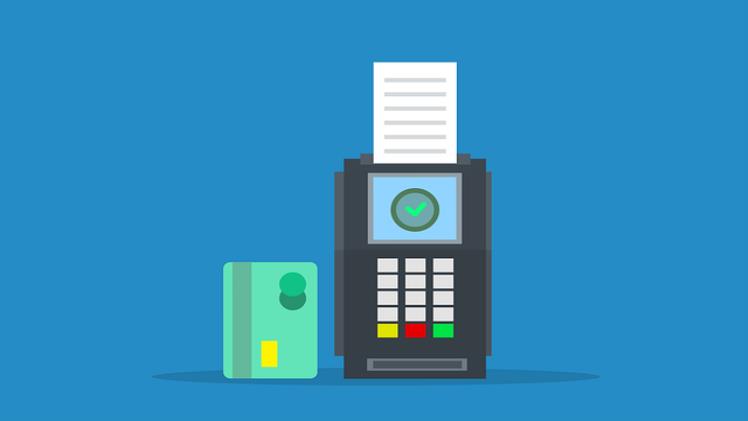In the daily rush, handling finances may easily become too much to handle. But, maintaining organization and using effective techniques may make this difficult activity seem simple and fast. You’ll discover practical advice and methods in this comprehensive book that enable you to pay your bills quickly and easily, freeing up valuable time for you to concentrate on the things that really count.
1. Streamlining Your Bills: Know Your Due Dates and Amounts
Knowing the details of each bill you have to pay is one of the first steps toward being an expert billpayer. Make a thorough record of all your bills, including the amounts owed, the dates they are due, and the ways you plan to pay them. This list gives you a clear picture of your financial responsibilities and serves as your financial roadmap. Bills should be arranged in chronological order, with the earlier due dates given priority. You can successfully schedule your payments and prevent late penalties and even service interruptions by keeping your list structured. Knowing how much is owed is also crucial. Spend some time carefully going over your bills to look for any anomalies or unforeseen expenses.
2. Embrace Automation: Set Up Online Bill Payments
Online utility bill payment platform options have completely changed how we handle our money in the digital era. The procedure may be greatly streamlined by embracing automation and setting up online bill payments. The majority of service providers have mobile applications or web portals that make it simple for you to plan regular payments or make one-time purchases. Use these platforms to set up automatic bill payments for when you are paid or on a certain day of the month. Make sure your bank account details and payment amounts are correct when setting up automatic payments to prevent any mistakes.
3. Utilize Bill Pay Services Through Your Bank
Bill pay services are widely available from banks, which let you consolidate all of your payments into a single, safe platform. With the help of these services, you may pay bills straight from your bank’s mobile app or website and connect several accounts. By enabling bill pay via your bank, you can manage all of your payments in one convenient spot, streamlining the process and minimizing the need to visit the websites of many service providers. Furthermore, several banks provide services like eBills, which allow you to receive electronic invoices from inside the bill payment system. You can browse, confirm, and pay invoices without ever leaving the site thanks to this connection, which significantly simplifies the process.
4. Implement Budgeting Tools: Stay In Control of Your Finances
Apps and tools for creating budgets are now essential for efficiently handling personal money. These programs include features like budget preparation, bill payment reminders, and cost monitoring. You may get important insights into your cash flow and make wise financial decisions by including your invoices in a budgeting program. Personalized features that let you set up reminders for bill due dates and get notifications when payments are almost due are common in budgeting applications. Certain applications go so far as to provide predictive analysis, which uses your past purchases to help you project future costs.
5. Consider Consolidation: Merge Similar Bills for Simplicity
Consolidation might be a huge help if you’re always managing invoices from several service providers. Consolidation is the process of combining related bills into a single account or payment plan, such as credit card or energy bills. You may pay numerous bills with one monthly payment by combining them into one package offered by many service providers, or you can choose flexible payment alternatives. Not only does consolidating your bills make paying them easier, but it also minimizes the amount of transactions and due dates you have to keep track of. This strategy guarantees that you have a clear understanding of your financial obligations and reduces the possibility of skipping payments.
6. Establish an Emergency Fund: Prepare for Unforeseen Expenses
While paying bills efficiently is a skill that should be mastered, being ready for unforeseen costs is just as important. Creating an emergency fund gives you the tools to deal with unanticipated events without interfering with your usual bill-paying routine, acting as a financial safety net. Try to save some of your salary on a monthly basis so that you may progressively accumulate enough money to cover three to six months’ worth of living costs. In addition to protecting your financial security, having an emergency fund guarantees that you can fulfill your responsibilities even in difficult circumstances.
Conclusion
A mix of automation, financial awareness, strategic planning, and organization are needed to become an expert in the art of effective bill paying. With the help of these professional techniques, you’ll be able to handle bill payments quickly, easily, and stress-free, freeing up time for you to concentrate on the things that are really important in life.

